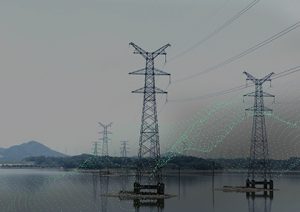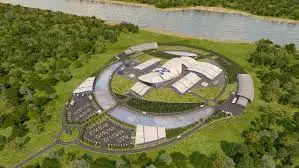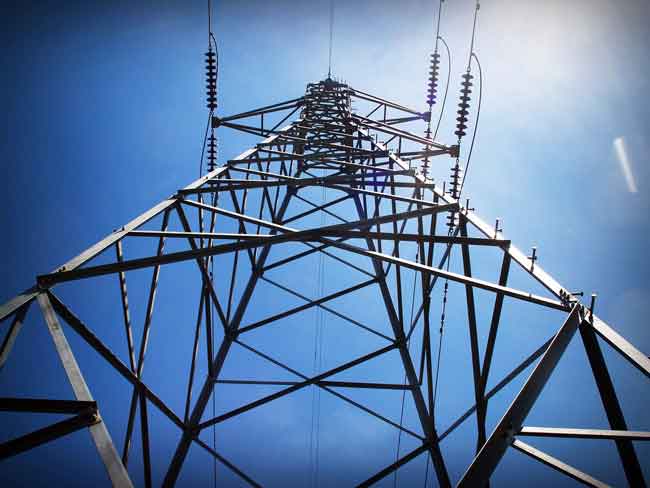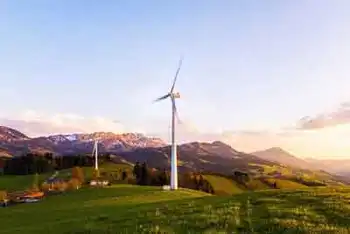Plant deal not enough to reduce smog: Washington
By Associated Press
Electrical Testing & Commissioning of Power Systems
Our customized live online or in‑person group training can be delivered to your staff at your location.

- Live Online
- 12 hours Instructor-led
- Group Training Available
The department's tentative deal with TransAlta Corp. would allow the Canada-based company to control smog-causing nitrogen oxides, which is released when coal is burned, primarily through measures already in place, according to documents obtained by The Associated Press.
The National Park Service, U.S. Forest Service and environmentalists had recommended the state require more advanced pollution control technologies to reduce smog and to improve visibility.
TransAlta's 1,376-megawatt plant in Centralia generates up to one-tenth of the state's electricity, and is the single largest source of greenhouse gases in Washington.
Nitrogen oxide emissions from the plant are blamed for haze and poor visibility at Mount Rainier and Olympic national parks in Washington and areas stretching from northcentral Washington's Pasayten Wilderness to the Three Sisters Wilderness in central Oregon.
The company said it can meet air pollution limits with its current technology. It has said that modern technologies are too cost prohibitive.
Marcy McAuley, a TransAlta spokeswoman, said the company has spent more than $200 million to install equipment to reduce air pollution. It has also reduced nitrogen oxide by 20 percent, she said.
The state ecology department considered more modern technology but "the cost is so great that it outweighs these other factors," Sarah Rees, an air quality manager with the department, said.
According to the department, the plant's current technology — along with a switch to cleaner-burning coal and upgrades to its boilers — is effective at reducing nitrogen oxides.
But the proposed measures "will do little to improve visibility," Mary Wagner, regional forester for the forest service, said in a letter to the state department.
Technologies are available that do a better job of improving haze than what is being proposed alone, she wrote.
Don Shepherd, an environmental engineer with the park service in Denver, said Washington state has overestimated the costs of newer technology that he said works much like a car's catalytic converter to filter out nitrogen oxides.
In its comments to the ecology department, the park service said the newer technology would cost about $63 million less to build than the $290 million estimated by TransAlta.
Shepherd said the current plan "really doesn't do much to alleviate the problem" of haze in national parks and wilderness areas.
"It's a bad deal for the environment," said Janette Brimmer, an attorney for Earthjustice. "We're talking about Mount Rainier, and Mount Adams, and Olympic National Park."
Federal rules require major polluters to limit releases, and the state is responsible for setting plans to contain those emissions.
TransAlta and the state ecology department hammered out an agreement behind closed doors last year, prompting an outcry from environmentalists who said they were shut out of the process.
The state took comments on the proposed agreement last fall, and is in the process of making a final decision. The agreement requires review by several federal agencies, including the Environmental Protection Agency.
The state agency hasn't publicly released the draft agreement, a copy of which was obtained by the AP.
Last month, the state began formal talks with TransAlta to cut greenhouse gas emissions in half by 2025, a key provision of Gov. Chris Gregoire's 2009 executive order on climate change.
Environmentalists say they're worried about the outcome of those negotiations, since they say the state hasn't done much to limit nitrogen oxide emissions.
The state is giving multiple passes to TransAlta and isn't controlling pollution, said Doug Howell, a Sierra Club senior campaign representative.
"We see the state going to bat in protecting this multinational company," he said. "It doesn't bode well for the overall greenhouse emissions."











